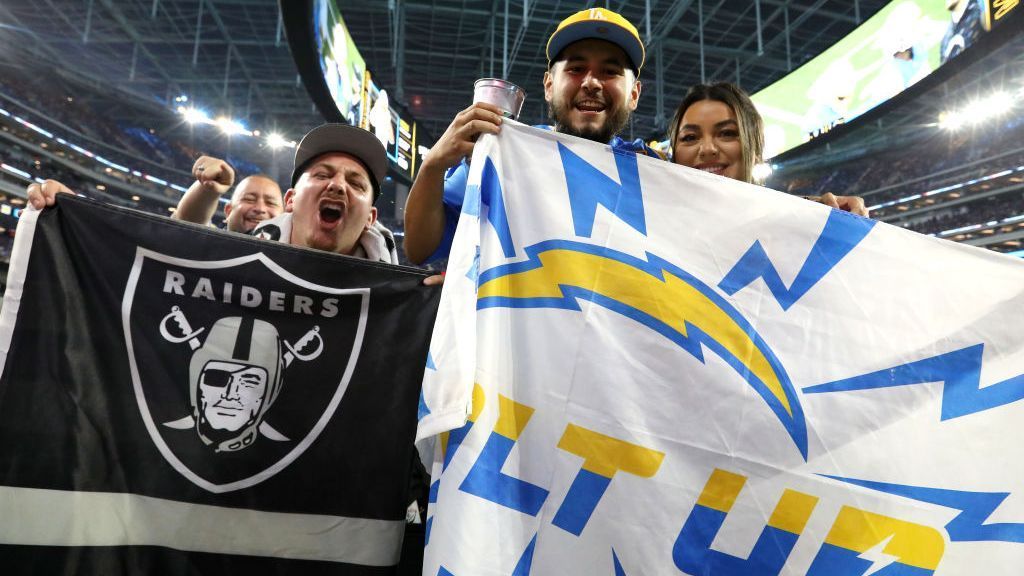The Bedouin’s stumbling block is a project to plant trees at one of their villages, near the town of Beer Sheva. A state-affiliated Jewish organization began preparations for the afforestation this week. Jewish parties see the planting as a way to develop the area, but the Bedouin fear another attempt to take their land.
‘Look, all around us, forests have already been planted all around us, on land that actually belongs to us,’ says Aziz al-Touri. He is fighting a battle over the ground with the Israeli authorities for years. The place where he lives is not registered as his property, so the simple houses that his family builds there are always demolished. “The state does not recognize that this land belongs to us, but we refuse to give up,” al-Touri said.
It draws the lingering conflict. Bedouins like al-Touri claim property rights in the Negev desert, where they lived as semi-nomadic tribes before the founding of the state of Israel in 1948. But according to the government, the vast majority of the area is state-owned.
‘Making the desert bloom’
And Israel has plans for that area. ‘Making the desert blossom’ was already a dream of the country’s first prime minister, David Ben Gurion. It therefore fits within a tradition that the Jewish National Fund (JNF), the organization behind the afforestation plans, also wants to plant this part of the Negev.
“We are planting trees to improve the environment and the climate, on behalf of the Israeli government,” said a spokesman for the JNF, which manages large tracts of land in Israel. “This land is owned by the state, let that be clear.”
It is a problem that many Bedouins encounter: the land where they live, according to Israel, does not belong to them. A large proportion of the Negev’s 200,000 Arab residents live in villages that are not officially recognized. They usually have no connection to electricity, running water or other facilities. Unemployment and poverty are much higher in the area than in other parts of Israel.
‘People more important than trees’
There is one party in the fledgling Israeli government that stands up for the inhabitants of the area. It is the United Arab List, which has many supporters among the Bedouins in the Negev desert and promises to improve their living conditions. Since the summer, the conservative-Islamic party has been part of an Israeli government coalition for the first time in history.
The party took action this week. “Trees are not more important than people, party leader Mansour Abbas said, and he threatened a cabinet crisis if the planting was not stopped. To back up his words, the United Arab List in parliament no longer approved proposals from the United Arab Emirates. government.
This had an effect, and eventually the governing parties reached a compromise to postpone the work. It offers the parties the chance to return to business as usual without too much loss of face, and it means that the motley eight-party coalition is still in the saddle. At least until the next crisis presents itself.
–


